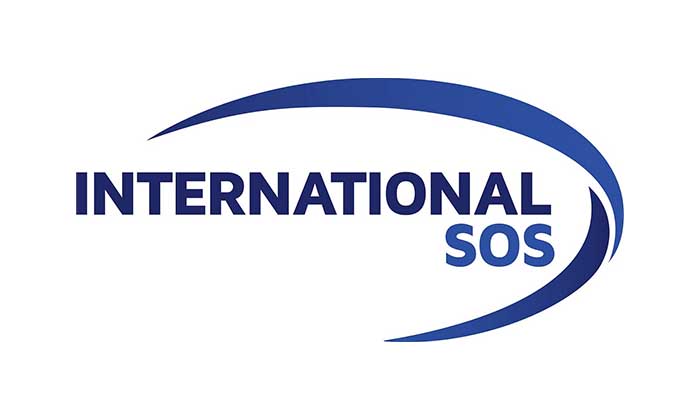International SOS highlights need to prioritise mental wellbeing and health during holy month of Ramadan
International SOS, the world’s leading provider of medical and security services, reminds everyone observing Ramadan to prioritise their safety and health by providing expert advice and personalised support. The holy month of Ramadan is due to start this year on or around March 11, and Muslims across the globe are preparing to begin a period of fasting and introspection. Fasting hours vary by location and will gradually increase throughout the month, as the time to start the fast (Imsak) and end it (Iftar) is directly related to when the sun rises and sets. While this period allows for significant personal growth, International SOS emphasises the importance of approaching it with a focus on both mental and physical health.
“This year, we want to emphasise the importance of prioritising mental health and wellbeing during Ramadan. During the holy month of Ramadan, while many find it a time for spiritual reflection and growth, it is important to acknowledge that the changes in routine and physical demands of fasting can impact on employees’ mental and physical wellbeing. Organisations can help employees navigate the month by safeguarding their health, wellbeing and fostering a more inclusive and understanding work environment.” says Dr Nosa Aihie, Regional Medical Director, Offshore and Medical Services, Middle East, International SOS.
Dr Nosa Aihie elaborates: “Adequate hydration and a balanced diet during Suhoor and Iftar are crucial. Prioritising sleep and ensuring a healthy balance between work, rest, and leisure activities are equally important practices for maintaining wellbeing during Ramadan. This is further supported by the UAE’s Ministry of Human Resources and Emiratisation (MoHRE), which has announced a two-hour reduction in working hours per day for private sector employees during Ramadan. Companies are also encouraged to implement flexible or remote working arrangements within the confines of regular working hours to further support employees and their needs.”
Gulnaz Ukassova, Security Director, Information & Analysis Mashreq & Iran, East & Southern Africa, International SOS, also highlights the importance of staying safe during Ramadan, stating, “The Islamic holy month of Ramadan is an important period for observant Muslims across the world. In many countries across the Middle East and North Africa, local businesses and government offices adjust working hours for that period. It is also important that mobile workers and foreign residents familiarise themselves with the cultural norms and practices in their location during Ramadan. For example, in some countries, even those who do not fast may be expected to also refrain from eating, drinking, and smoking in public during daylight hours.”
Gulnaz adds, “Attending public gatherings and celebrations, particularly during Eid al-Fitr, which marks the end of Ramadan and is a public holiday in many countries across the region, requires situational awareness and measures to ensure safety and overall well-being.”
International SOS provides the top four tips for organisations to support employees observing the fast this Ramadan:
- Foster Open Communication: Encourage open communication by having a clear and inclusive policy on religious observance in the workplace. This demonstrates respect for employees’ personal beliefs and allows them to be comfortable in discussing their needs during Ramadan.
- Prioritise Employee Health and Well-being: Remind employees to stagger their hydration during non-fasting hours and consume nutrient-rich meals during Suhoor and Iftar. The best way to rehydrate fasting bodies and keep them hydrated for longer is to pace the liquid intake by drinking at least two litres of water between Iftar and Imsak. Quality sleep should also be encouraged as it is vital for maintaining energy levels, mental clarity, and focus, all of which are crucial for workplace performance.
- Promote flexible working arrangements: Consider offering flexible working arrangements, such as adjusted start and finish times to accommodate individual needs. Additionally, be understanding if employees require more breaks or need to adjust their break timings for prayers.
- Offer Adequate Resources: Provide resources or information about healthy practices during Ramadan, such as recommended dietary guidelines or tips for maintaining energy levels while fasting. This demonstrates care for employees’ wellbeing and empowers them to make informed choices during this important time.
- Ensure Mental Health Support: Organisations must recognise that fasting and routine changes during Ramadan can have an impact on mental health. Ensure that employees have access to the support they may need to prioritise their mental health throughout Ramadan. Encourage employees to utilise mental health resources offered by the organisation, such as Employee Assistance Programmes (EAPs), or provide information about external resources for stress management and emotional support.
To learn more on how we can support your global workforce, click here.


Comments are closed.